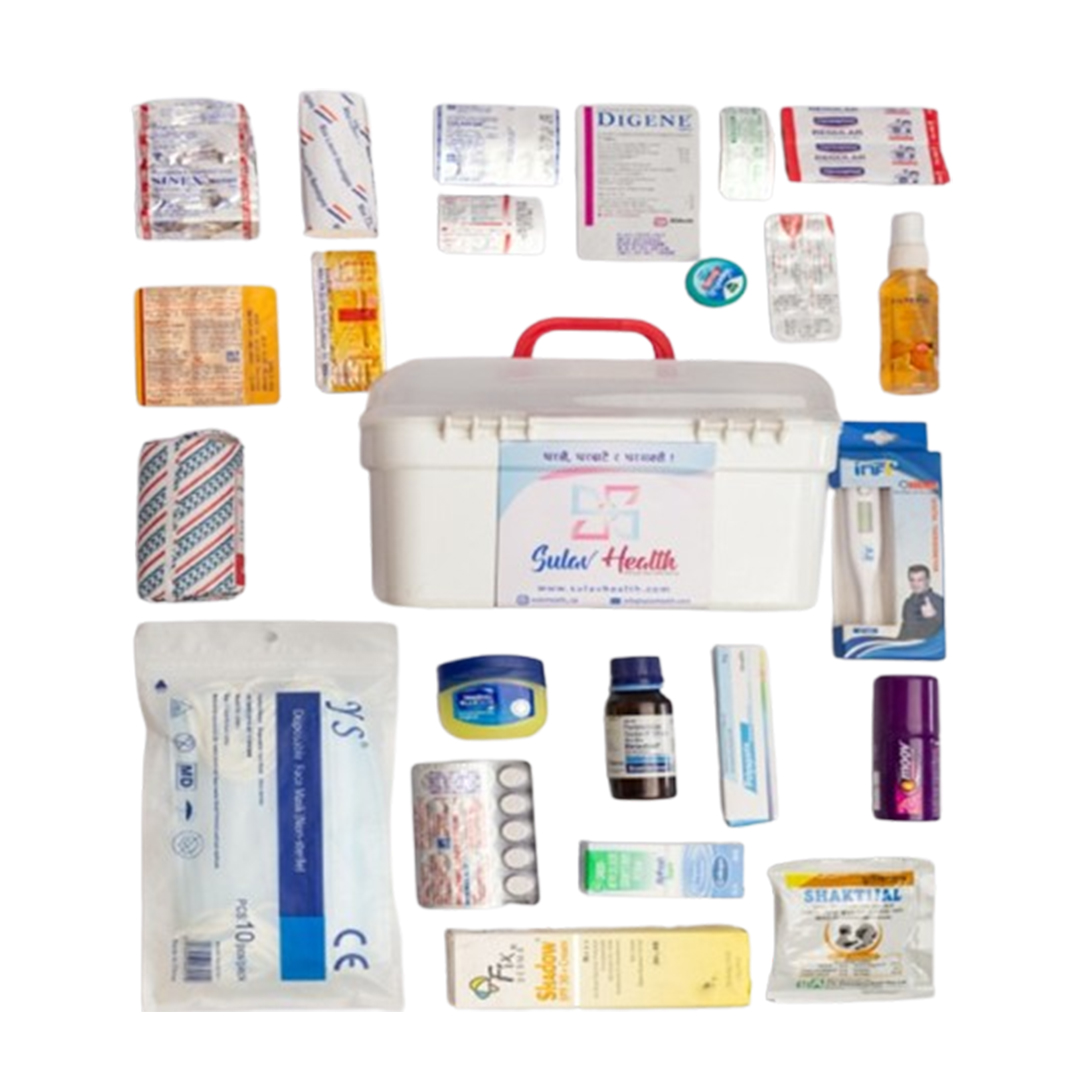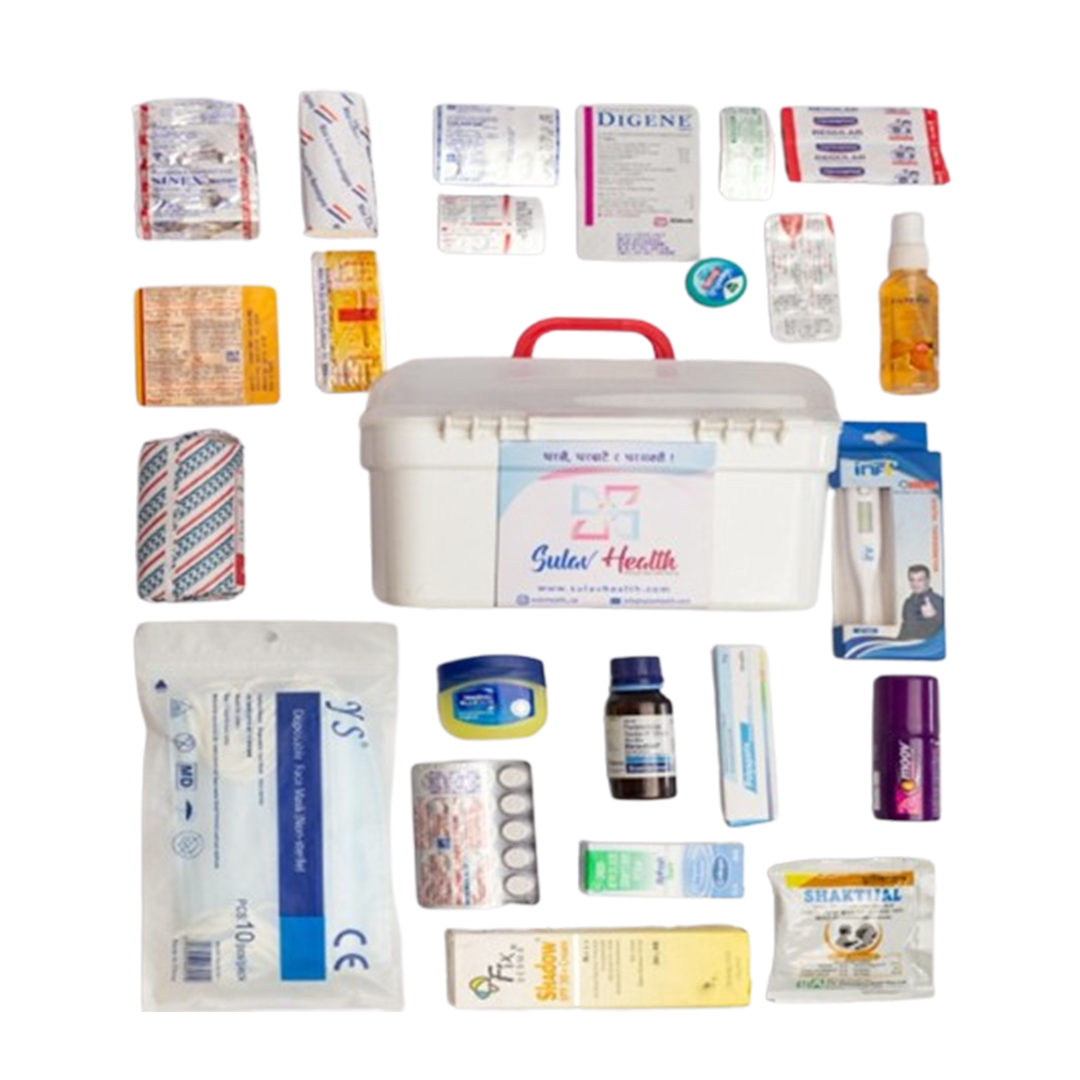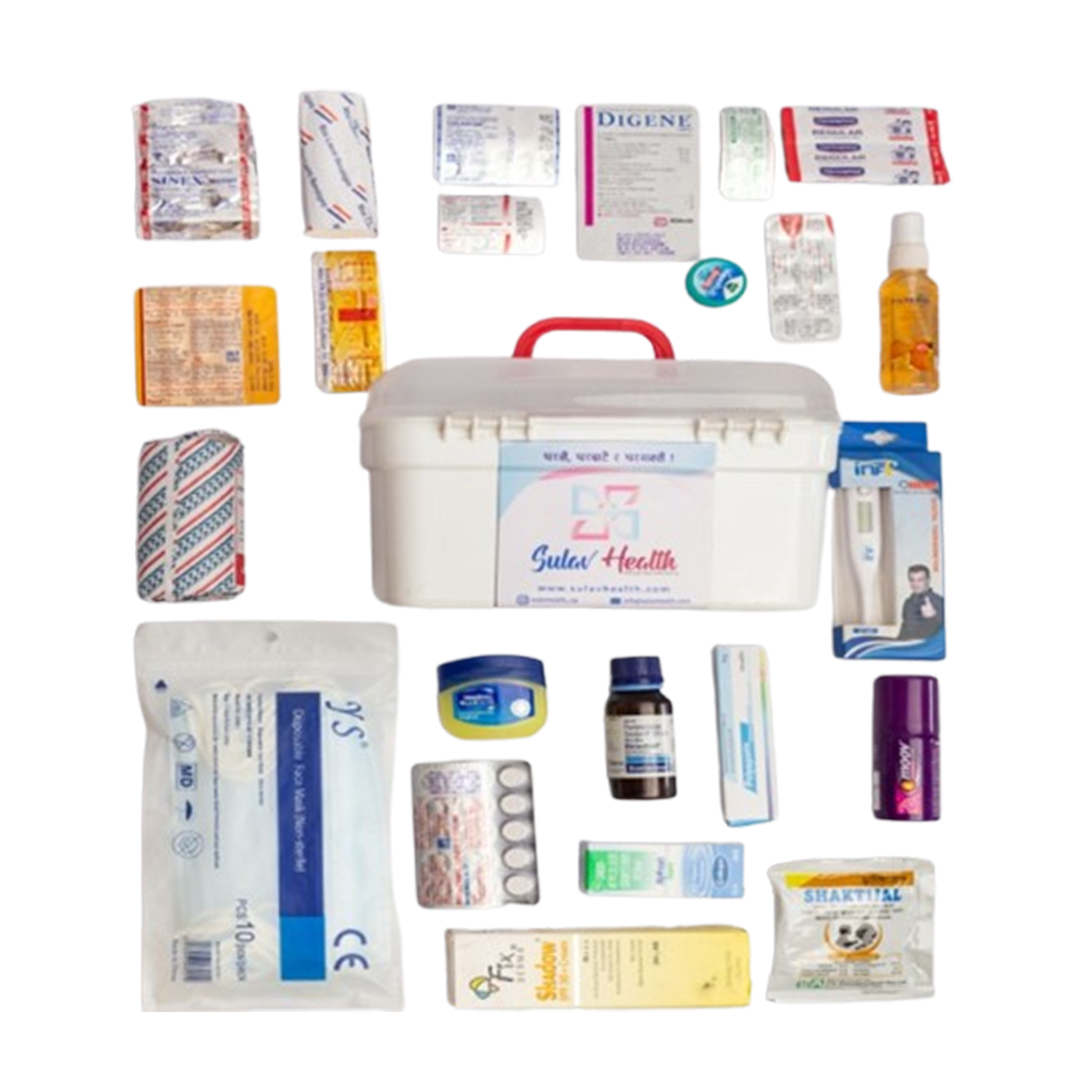Travelers First Aid Kit: What to Include for Any Destination
A first aid kit is an indispensable companion for any traveler. Whether you're hiking in the mountains of Nepal or exploring the bustling streets of Bangkok, a well-stocked kit can help you handle minor injuries and ailments, providing peace of mind and the ability to respond quickly. The contents of your kit should be tailored to your destination and planned activities, but there are some universal items that every traveler should pack.
Start with the essentials for treating cuts and scrapes. A variety of bandages in different sizes, from adhesive strips to sterile pads, is crucial. You'll also need antiseptic wipes or a small bottle of rubbing alcohol to clean wounds and a tube of antibiotic ointment to prevent infection. Don't forget medical tape and gauze rolls for securing dressings on larger wounds. For blisters, which are common with new shoes or extensive walking, pack specialized blister plasters to provide cushioning and relief.
Next include items for general health and comfort. A pain reliever like ibuprofen or acetaminophen is great for headaches, fevers, or muscle aches. An anti-diarrheal medication (like loperamide) and an antacid are essential for dealing with stomach upsets from new foods. Consider a motion sickness medication if you'll be traveling by boat, bus, or plane. A few oral rehydration salts are also a good idea, especially in hot climates, to replenish electrolytes lost through sweating or illness.
For more specific concerns, pack some tailored items. For insect-prone areas, a good insect repellent is a must to protect against mosquito and tick bites. A small tube of hydrocortisone cream can be a lifesaver for insect bites, rashes, or minor skin irritations. Tweezers are useful for removing splinters, and a pair of small, sharp scissors can be used to cut gauze or tape.
Consider your personal health needs as well. If you have allergies, pack an antihistamine (like diphenhydramine). If you have any chronic conditions, be sure to include a sufficient supply of your prescription medications in your carry-on bag, along with a copy of your prescription. A digital thermometer is also a handy tool for accurately checking for a fever.
Finally, always pack a small, easy-to-carry bag to keep all your supplies organized. Include a list of emergency contacts, your blood type, and any known allergies. Regularly check your kit to replace used items and check expiration dates. A well-prepared first aid kit is a sign of a seasoned traveler—it allows you to be self-sufficient and ready for whatever your journey may bring.
Author: Mr Bishwas Bajracharya



 0
0



